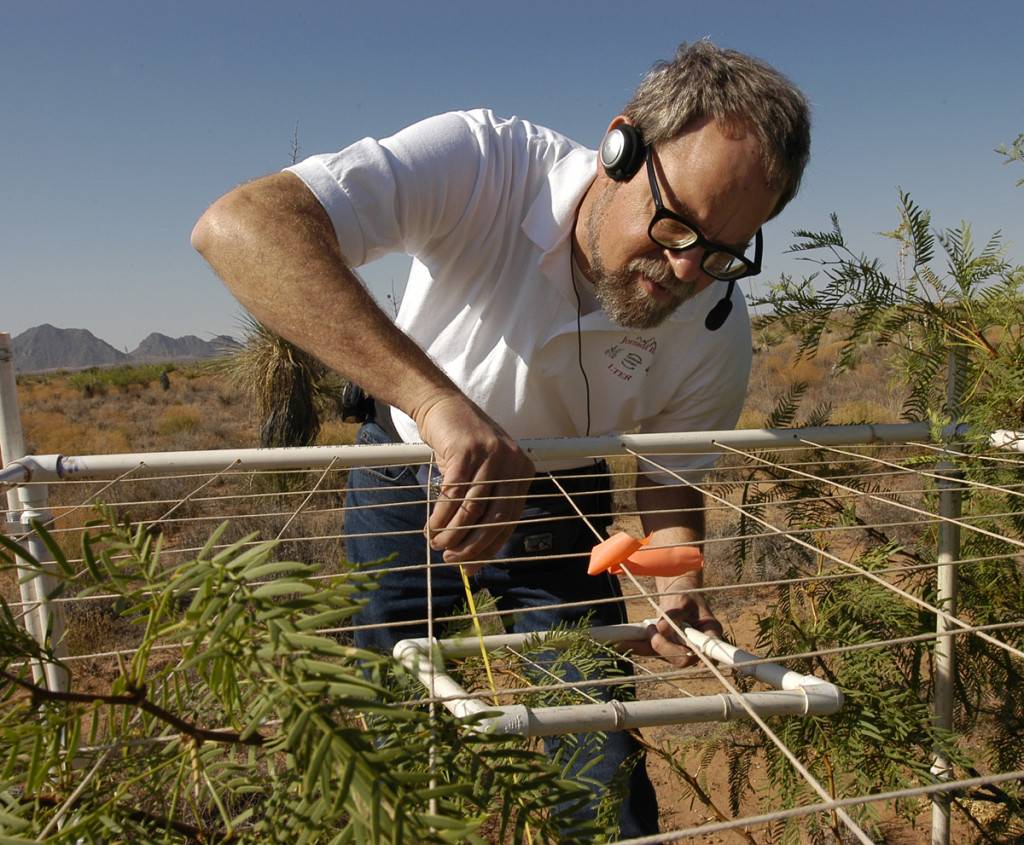
10 ways to save millions asking for advice on energy crops
Biobased industries invest millions in feedstock and supply chains with energy crops. However, finding ways to save millions asking for
The use of biotechnology and biomass in the production of goods, services, or energy requires commitment, creativity, scientific realism and a holistic perspective. The world is changing very fast and fossil fuels are increasing in costs. The industries start to consider residues and biomass as feed-stock for boilers, co-firing, biogas or biofuels. A new paradigm is shifting how industries and companies evolve and adapt to climate change and sustainability goals. Every day new technologies are being developed that are capable of efficiently converting a broad range of biomass feedstocks into commercially viable biofuels, biopower, and other bioproducts.


Biobased industries invest millions in feedstock and supply chains with energy crops. However, finding ways to save millions asking for

A completely new approach using drawdown technologies, biomass, and native plants for high-value-added products results in the way to go

Regeneration is a word people use when moving from just “sustained models” to a positive impact on our environment. This
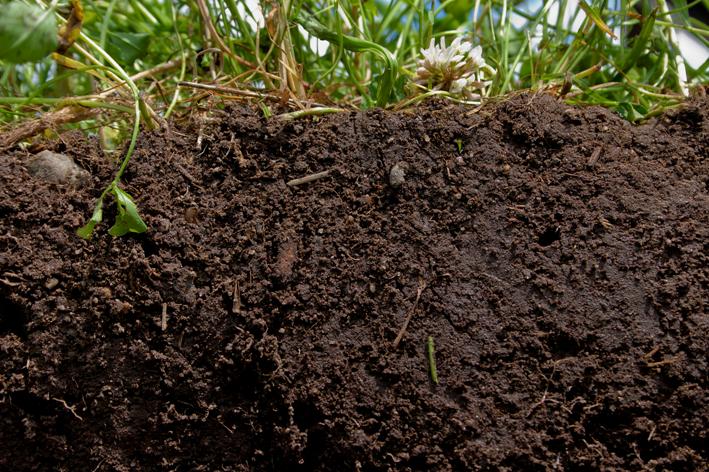
Perennial agriculture to produce energy crops can improve EU soil fertility. There is strong evidence that biomass for energy acknowledges

It is suggested that energy crops increase biodiversity in particular when managed as short rotation coppice. Furthermore, renewable energy can
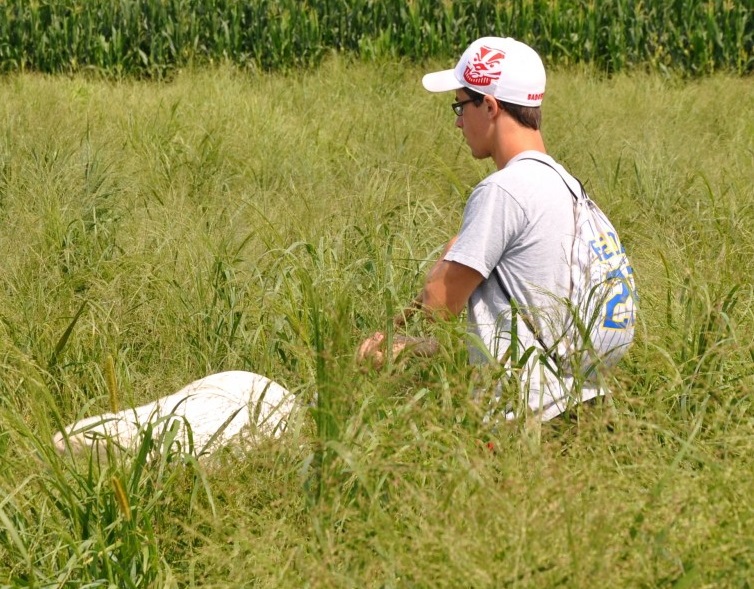
Perennial energy crops and biodiversity could be beneficial for fauna in metal-contaminated soils, according to an article published in Biomass
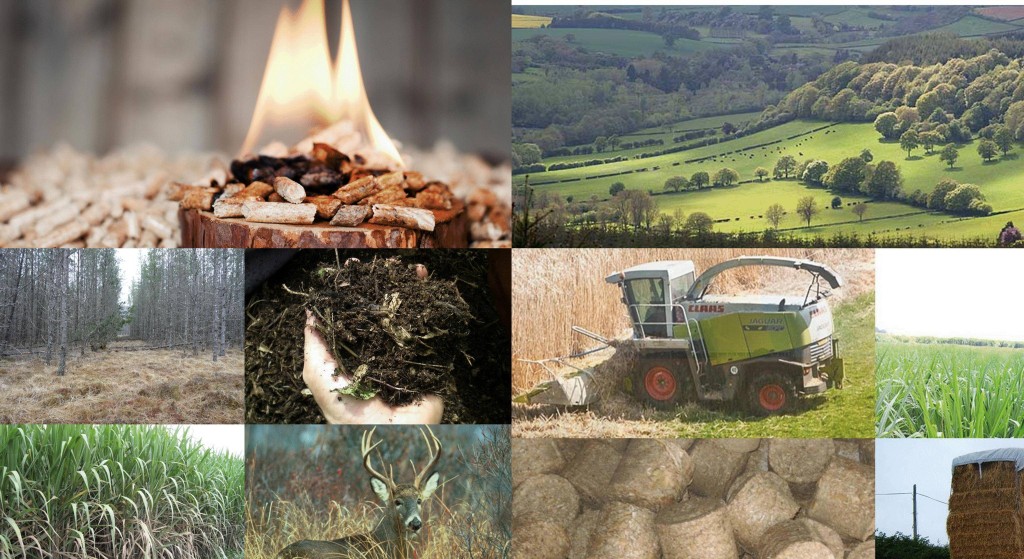
Biomass can be a good reason to reforest and cultivate perennial species on marginal lands. Renewable energies from cultivated perennial
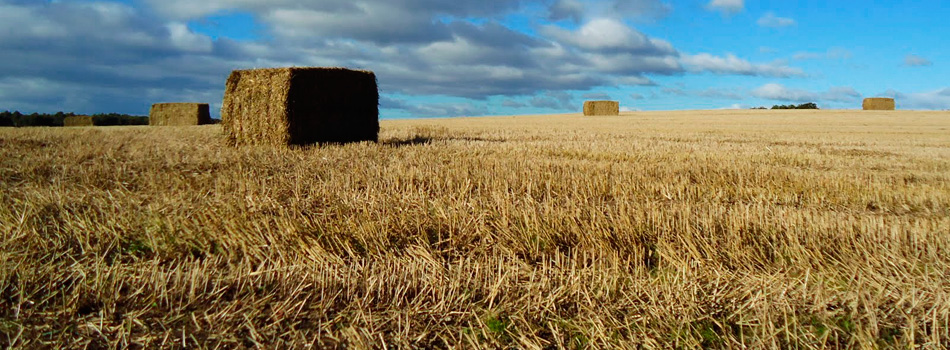
Several experiences have proved the feasibility of marginal lands for bioenergy. We selected 7 alternatives as energy crops for marginal
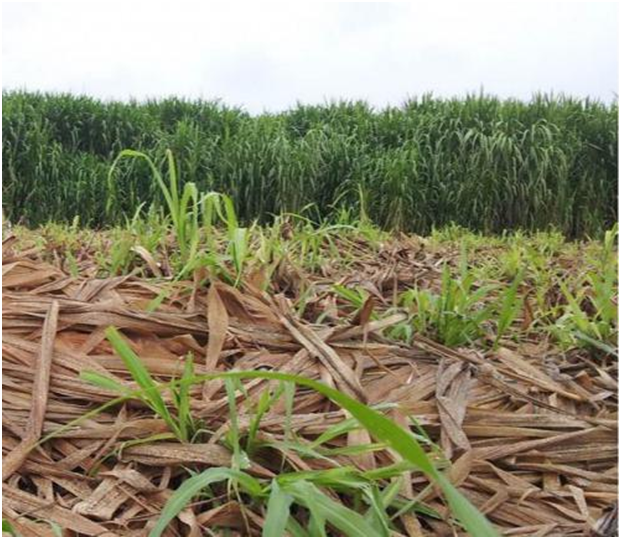
Perennial bioenergy crops can mitigate climate change emissions with very high savings of CO2 when cultivated on marginal lands. Find
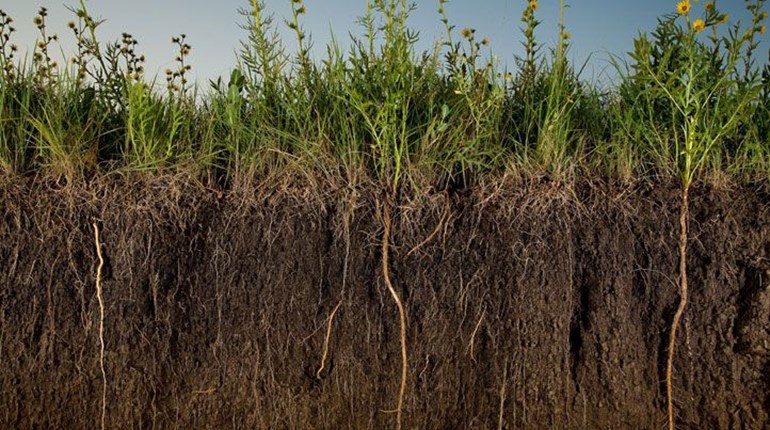
Sustainability or positive impact? Biomass and industrial crops must move into models of regenerative agriculture applied to bioenergy. Palm oil,

Matías es sociólogo y doctor en Ciencias Políticas por la Universidad de Buenos Aires y la Universidad Complutense de Madrid, respectivamente. Tiene una amplia experiencia en investigación social y de mercado, relaciones públicas y capacitación en varios países de América Latina, trabajando con Amnistía Internacional y otras organizaciones. Matías fue Director Nacional de Políticas contra la Violencia Institucional en la Secretaría de Derechos Humanos y Pluralismo Cultural de la Argentina de 2016 a 2019. Actualmente, contribuye al desarrollo de cultivos de bioenergía y bioeconomía en países en desarrollo, en línea con los 17 Objetivos de Desarrollo Sostenible.
